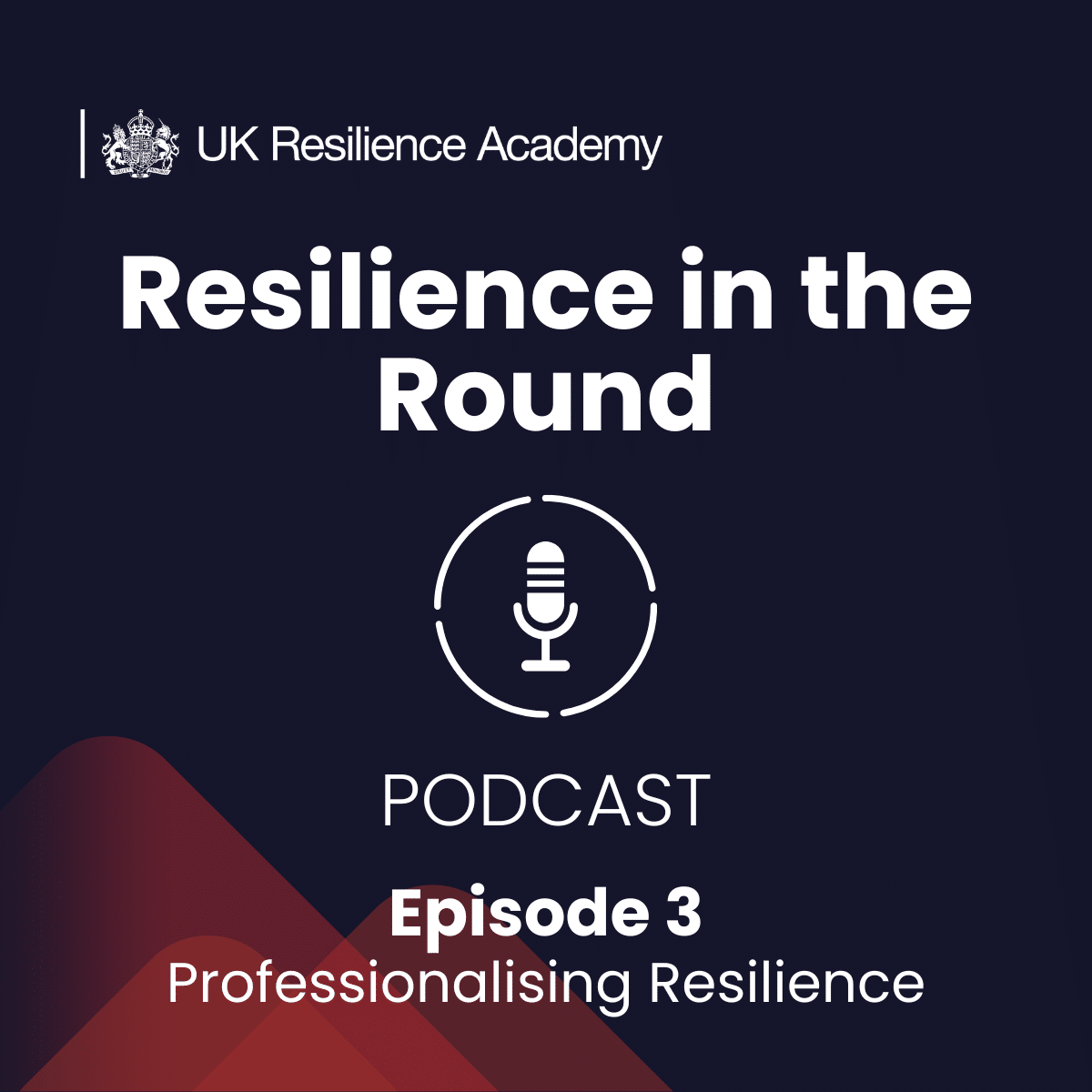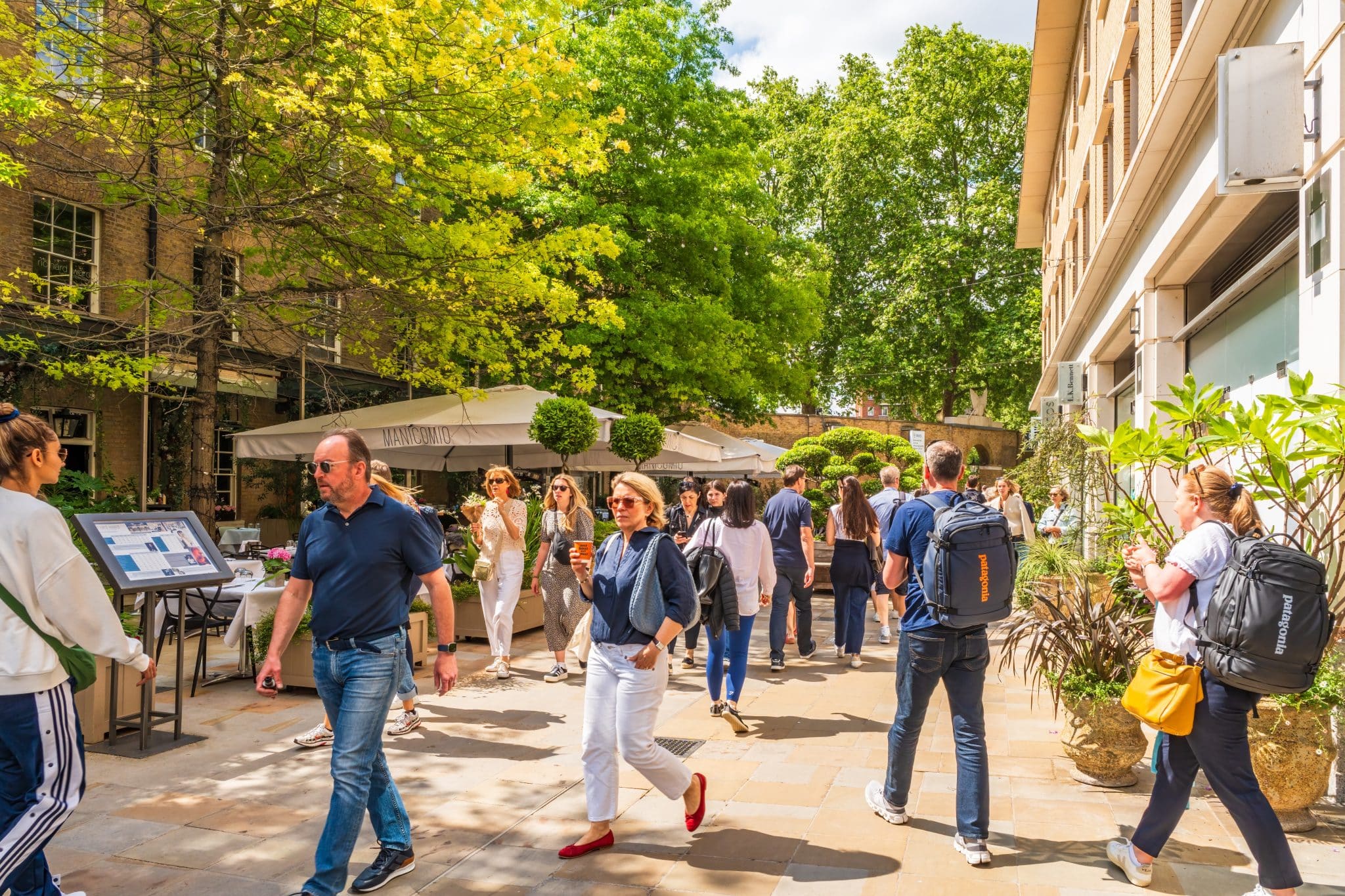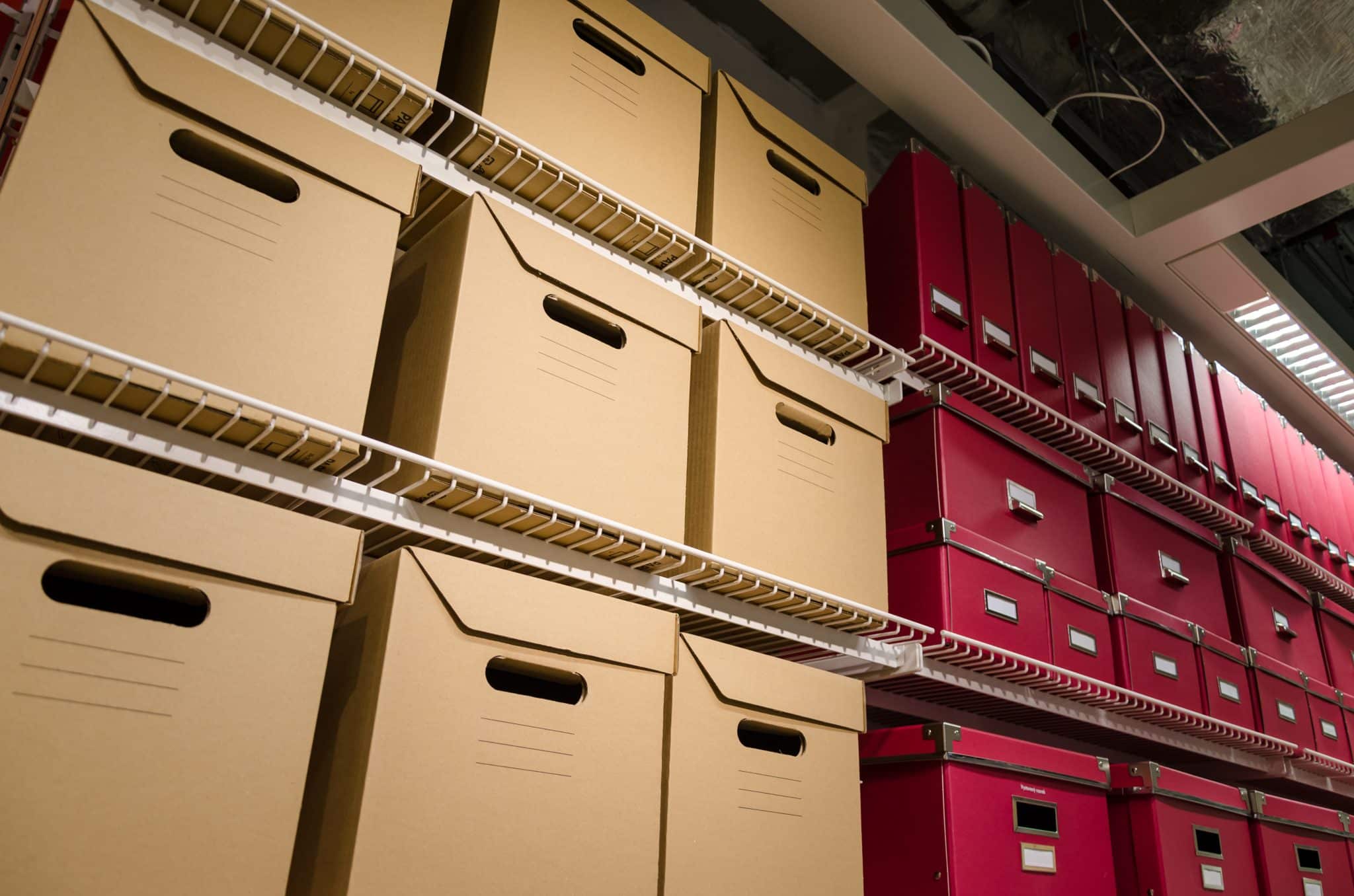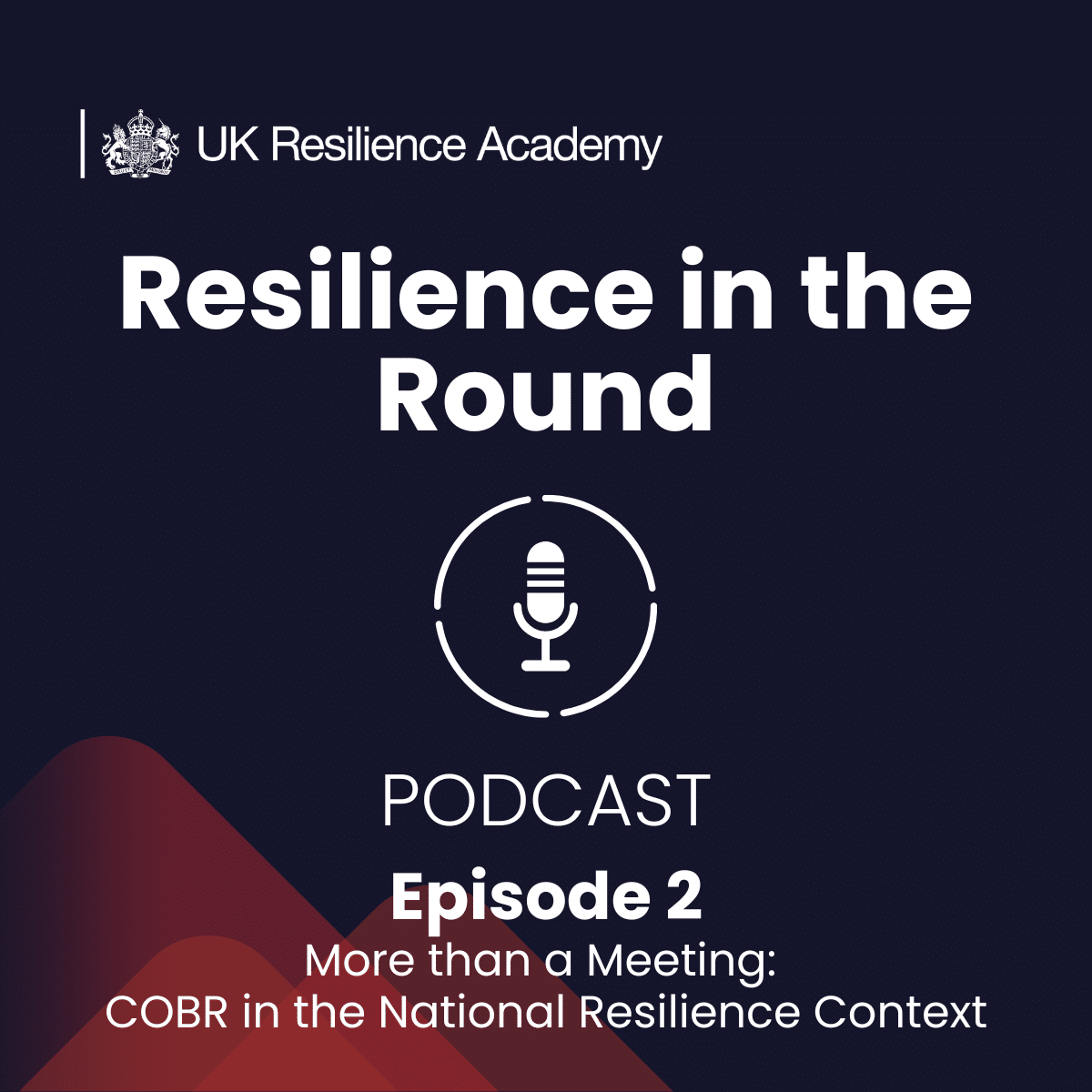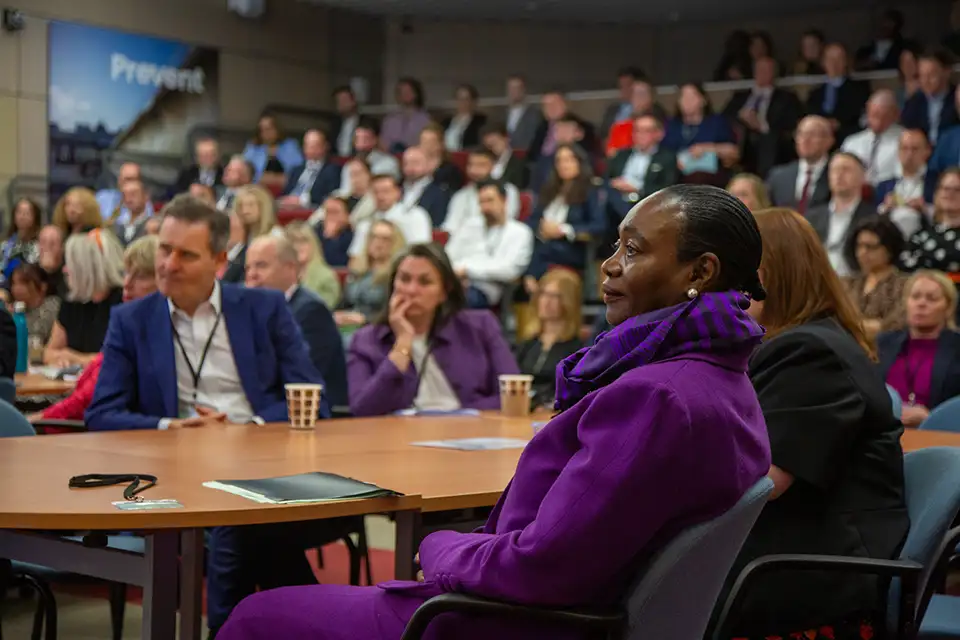
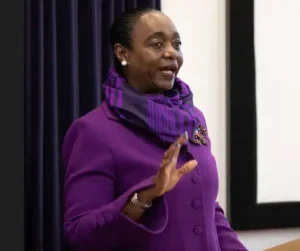 Thelma Stober is a survivor of the 7/7 London bombings, Deputy Lieutenant for Greater London and Co-Chair of the Grenfell Memorial Commission. She is also a Trustee of the National Emergencies Trust and chairs its Survivors Advisory Panel. In this blog, she shares her reflections on the launch of the UK Resilience Academy as well as the importance of learning lessons from past disaster survivors to create a more resilient UK.
Thelma Stober is a survivor of the 7/7 London bombings, Deputy Lieutenant for Greater London and Co-Chair of the Grenfell Memorial Commission. She is also a Trustee of the National Emergencies Trust and chairs its Survivors Advisory Panel. In this blog, she shares her reflections on the launch of the UK Resilience Academy as well as the importance of learning lessons from past disaster survivors to create a more resilient UK.
I was invited to speak at the official launch of the UK Resilience Academy (UKRA) this month, a key part of a broader national strategy to improve how the UK prepares for and responds to emergencies.
The aim of the UKRA is to equip over 4,000 people annually with the practical and emotional skills needed to respond effectively and compassionately to disasters, whether they work in the public, private or charitable sectors. I was honoured to be part of this important milestone, not just as a speaker, but as a survivor of disaster myself.
In just a couple of months, the UK will mark 20 years since the July 7 bombings in London. That was the day my life, and my family’s lives, changed forever in ways I never imagined, as it did for many others. I hadn’t planned to be on the Tube that morning. The day before, we had won the bid to host the 2012 Olympic and Paralympic Games, and I had intended to take a much-needed day off. But duty pulled me in. I went into the office to continue working on important legal documentation, and with that choice, my world was turned upside down.
The injuries I sustained, both visible and invisible, have been profound and long-lasting. But they also propelled me into action. Over the past two decades, alongside my day jobs, I’ve worked to improve how the UK supports people during and after emergencies. Because while every story is personal, many of the challenges survivors face are painfully common.
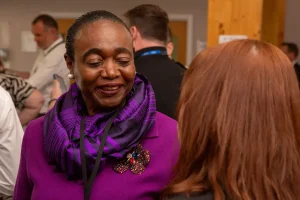 We saw that again in 2017 – a year marked by the Grenfell Tower fire and the terror attacks in Manchester and London. And tragically, we continue to live under a substantial terror threat level in the UK. That’s why learning from past disasters and the people affected by them is not a nice-to-have – it’s a necessity.
We saw that again in 2017 – a year marked by the Grenfell Tower fire and the terror attacks in Manchester and London. And tragically, we continue to live under a substantial terror threat level in the UK. That’s why learning from past disasters and the people affected by them is not a nice-to-have – it’s a necessity.
At the UKRA launch, I spoke about three urgent lessons we must carry forward:
- We need stronger resilience frameworks that allow a wide range of stakeholders to act swiftly and in coordination when disaster strikes.
- We must ensure robust training and exercises are available to those likely to be at the forefront of crises.
- We must value the power of community support, as we saw during the Covid-19 pandemic, and make that an integral part of local resilience planning.
The UKRA has the potential to deliver on all three. Through its training, it can give people the tools and confidence they need to act when the unthinkable happens. It can foster collaboration across sectors. And crucially, it can bring survivors’ voices to the table – because their experiences hold the key to more compassionate, effective responses.
As Chair of the Survivors Advisory Panel for the National Emergencies Trust, I’ve seen firsthand how survivor-led insights can shape better outcomes. After the Grenfell fire and the 2017 terror attacks, hundreds of survivors contributed to the development of the Trust. Today, that ethos of survivor-centred change continues to drive everything we do – from influencing legislation, to providing direct training to Family Liaison Officers, to commissioning unique research like the Bee The Difference project with young Manchester Arena survivors.
Survivors tell us that small changes make a big difference – like financial assistance that’s actually usable, avoiding traumatic paperwork, or simply being made aware that help exists. These are not luxuries. These are the differences between despair and hope in the days and months after a disaster.
And yet, these basic needs are still sometimes missed. A survivor of the 2011 Croydon riots once told me they received a voucher for a supermarket over a mile away despite having lost everything and being unable to travel. Others speak of reliving trauma while filling out multiple applications for help. I lived that too. After 7/7, the administrative burden was overwhelming.
So, how can the UKRA make a difference?
By ensuring that those designing and delivering support – at every level – are informed by lived experience. By helping responders understand the psychological scars left by floods, fires or attacks – even when there’s no visible injury. By training people to reach those who fall through the cracks, like bystanders to tragedy who never set foot in a hospital but carry emotional wounds for years.
We must also ensure that support is available to everyone affected, not just those who live near the incident. How do we help the young survivor of the Manchester Arena attack who went home to Wales the next day? That’s a question we need to exercise for and solve.
Children and young people, in particular, have often been overlooked. My own son was just six when 7/7 happened. That’s why I was proud to support the Bee The Difference project. Its findings are already shaping national policy. But they can do even more. I encourage everyone connected to the UKRA to read the report and consider how its insights can inform your work.
The UKRA represents more than just training. It is an opportunity to reimagine what national resilience can look like. A place where policymakers, emergency services, businesses, charities and community leaders can come together – not just to prepare for disasters, but to ensure that when they happen, responses are joined up, survivor-led and deeply human.
Let us make sure that the conversations started at the launch don’t end there.
Let’s continue asking the hard questions:
- Who is being left behind?
- Whose needs are not being met?
- And how can we change that – together?
The National Emergencies Trust is one example of what’s possible when we come together to learn from the past. In five years, it has touched millions of lives, shaped legislation, and centred survivor voices in its mission.
The UK Resilience Academy is another step forward. One that brings us closer to a ‘whole of society’ approach – where everyone, from community members to corporate leaders, feels empowered to act. Where those affected feel seen. And where the right support reaches the right people at the right time.
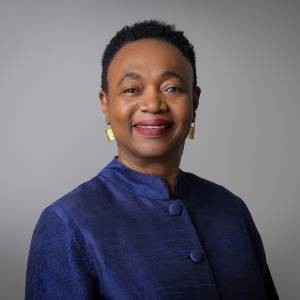
Article written by Thelma Stober.
Find out more out her work with the National Emergencies Trust
